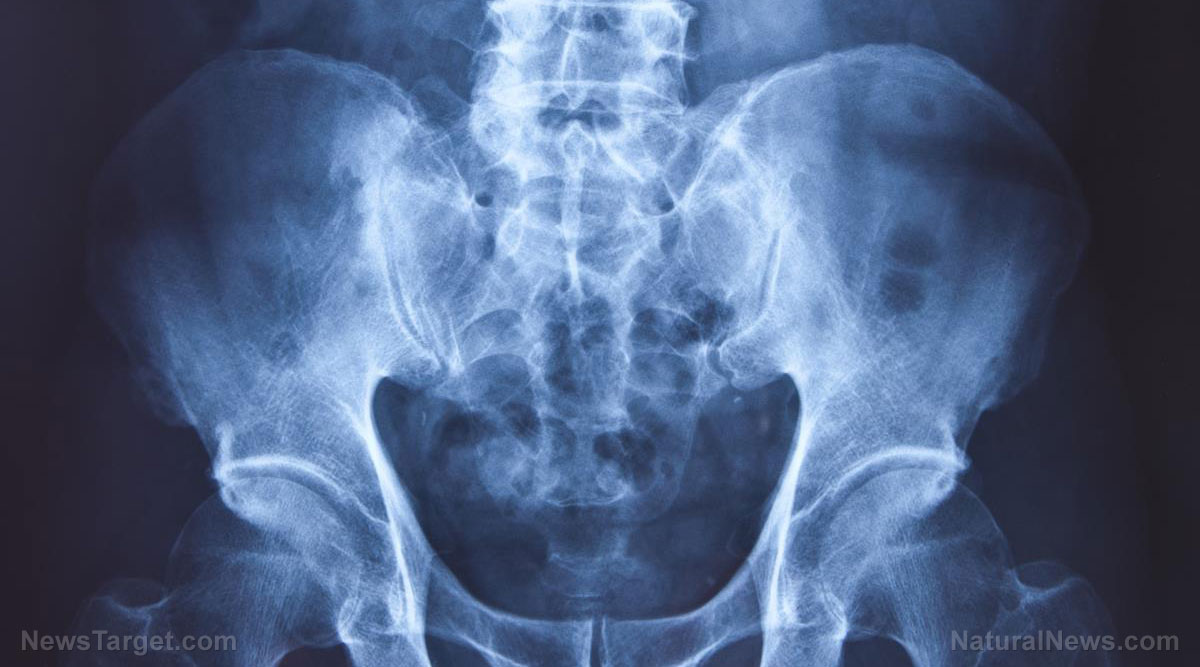
In the study, the research team looked at vitamin K status as the ratio of uncarboxylated osteocalcin to carboxylated osteocalcin (ucOC:cOC). The protein osteocalcin is dependent on vitamin K and plays an important role in the utilization of calcium in bone tissue. Thus, without enough vitamin K in the body, this protein remains inactive, making it useless.
For the study, the researchers made a comparison between data from 20 children with radiologically confirmed low-energy fractures and data from 19 children without fractures.
Based on the results, the researchers saw that there was a significant difference between the groups for the ratio of uncarboxylated osteocalcin to carboxylated osteocalcin. In addition, they observed that higher levels of vitamin K are linked to lower rates of low-energy fracture incidence in children and teenagers.
"This suggests that dietary vitamin K intake in children with low-energy fractures may be insufficient to maintain a healthy and resilient skeleton in this population of children," explained the researchers.
The researchers hypothesized that vitamin K, in addition to vitamin D, plays an essential role in bone health in children. Therefore, they suggested that supplementation of vitamin D and vitamin K in children can potentially prevent low-energy bone fractures.
More studies discover the bone health benefits of vitamin K
Vitamin K has two types: vitamin K1, also known as phylloquinone, and vitamin K2, also known as menaquinones. The benefits of vitamin K1 on bone health has been studied in the Framingham Heart Study. In the study, researchers found that people with the greatest vitamin K1 intake, which was 250 micrograms (mcg) per day in the study, were three times less likely to experience a hip fracture. Even if a person's vitamin K1 intake is lower than 250 mcg each day, it can still cut the risk of hip fracture. In the Nurses' Health Study, researchers found that consuming 109 mcg vitamin K1 a day can reduce the risk of hip fracture over a ten-year period. The recommended intake of vitamin K is about 75 mcg a day.
Research on vitamin K2 and bone health has revealed that vitamin K2 found in fermented foods like cheese and natto substantially decreases bone loss during the menopausal transition. This is especially important because the average woman loses up to 10 percent of her bone mass during this transition. Other research has also revealed that vitamin K2 from fermented foods does not only provide protection to the bones but also cuts the incidence of both heart disease and cancer. (Related: Vitamin K may be the key to osteoporosis prevention.)
Adding vitamin K to your diet
Vitamin K1 can be easily incorporated into your diet because it can be obtained from a great number of foods and is particularly ample in green vegetables and the oils of some plants. The best food sources for vitamin K1 include kale, collard greens, spinach, turnip greens, beet greens, and mustard greens. On the other hand, vitamin K2 can be more challenging to add to your diet because it can only be obtained from a few animal sources and some fermented vegetables. Ripe cheese, yogurt, natto, and other fermented foods are the greatest food sources of vitamin K2.
Increasing your vitamin K intake will not only keep the bones healthy but also the cardiovascular system. This is because vitamin K is also essential for normal blood clotting and keeping the heart strong.
Read more news stories and studies on how vitamins and vitamin deficiency effect your health by going to Nutrients.news.
Sources include:
Please contact us for more information.























